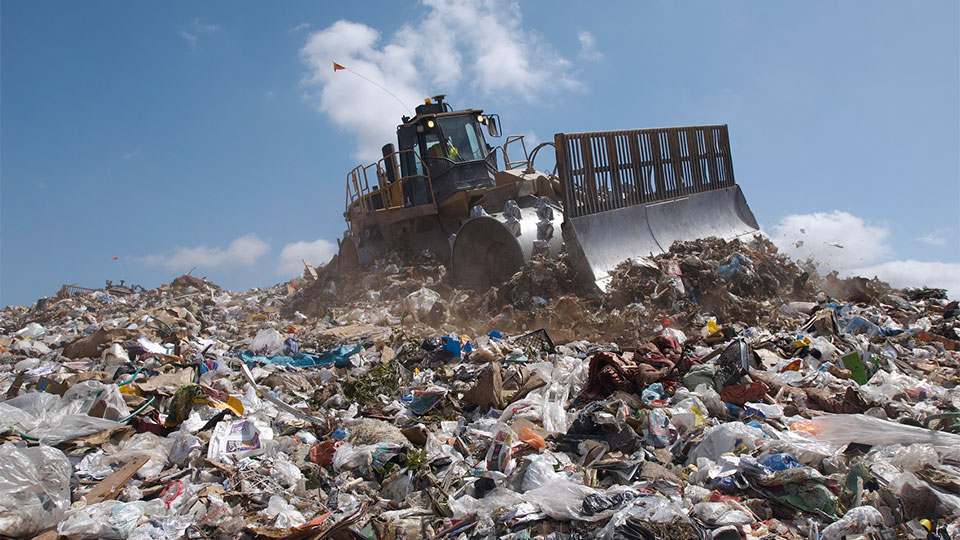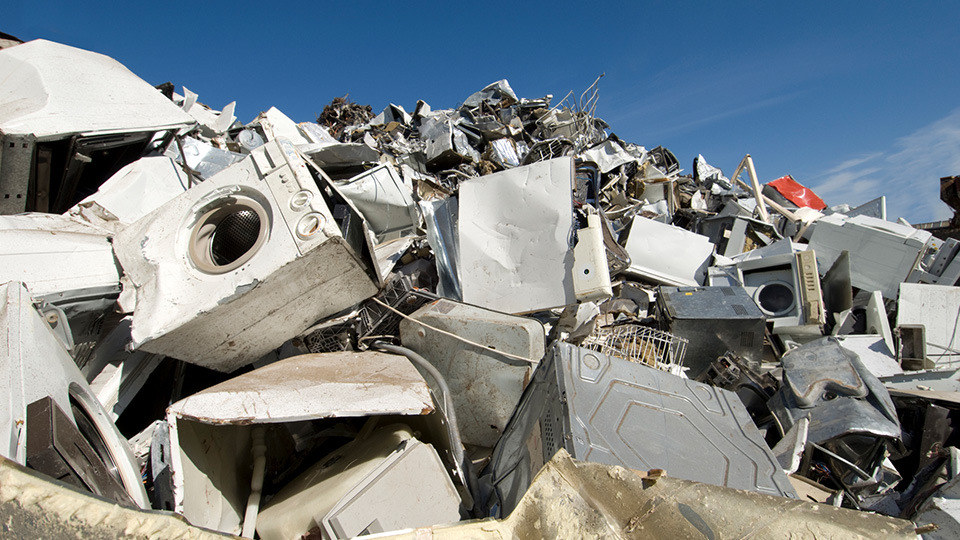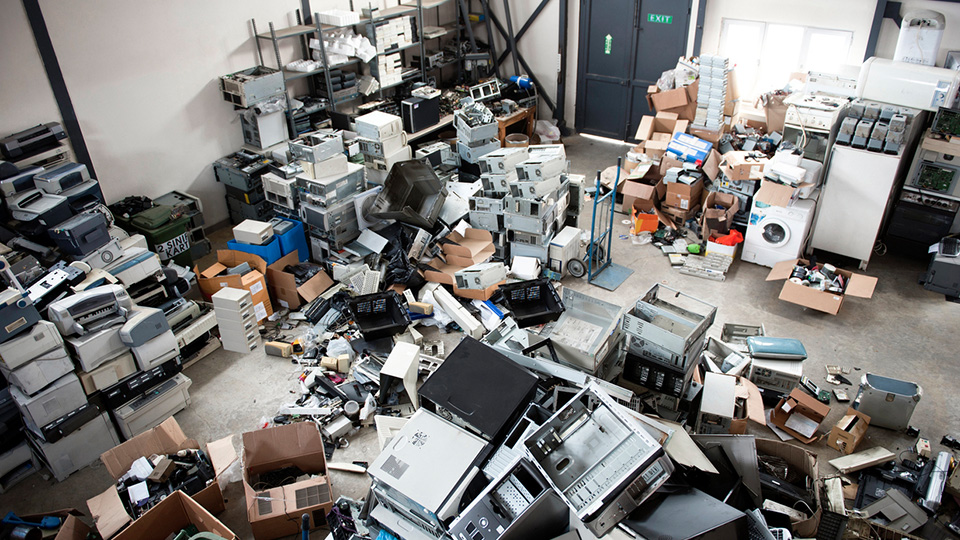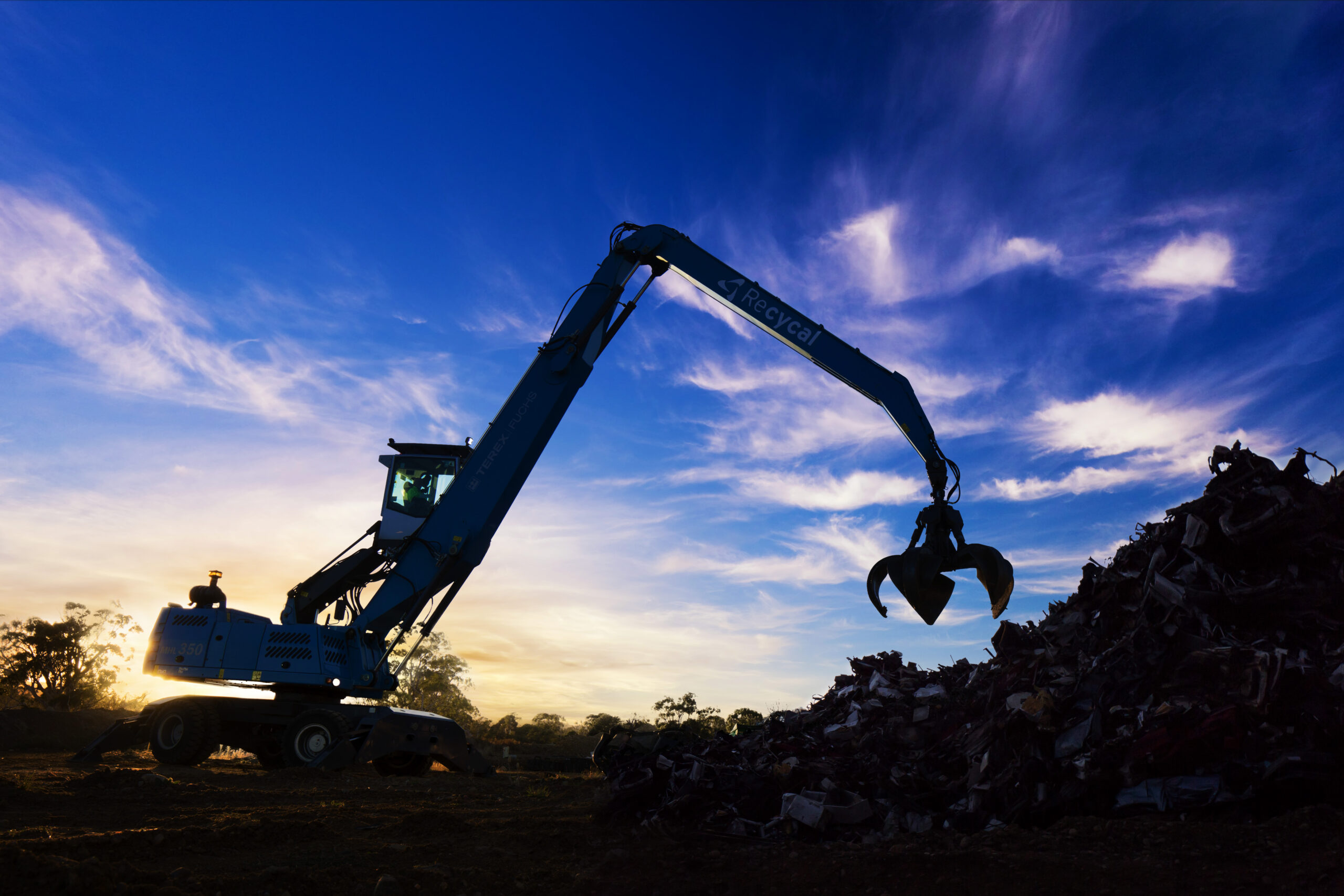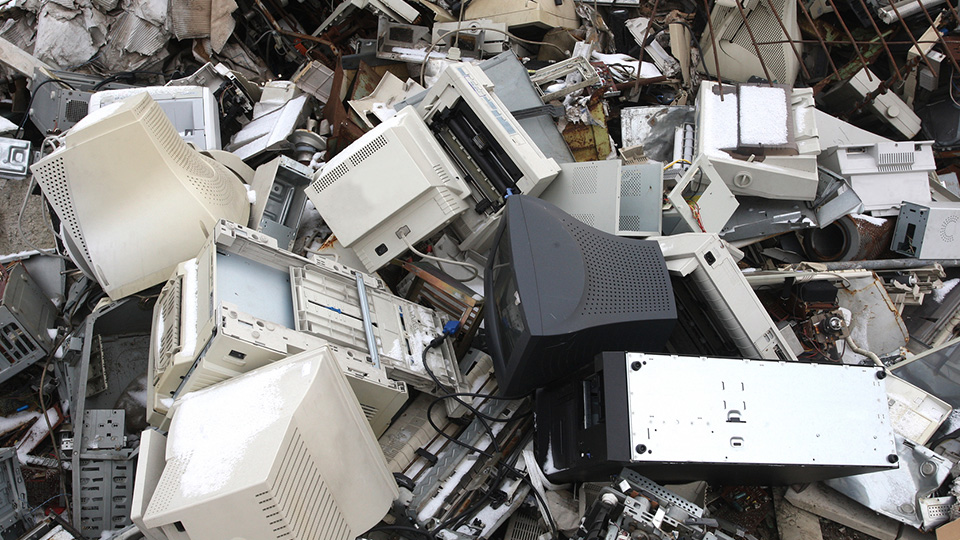Ecocycle (Ecobatt) have entered into an MOU with Cobalt Blue. The MOU will evaluate the feasibility of treating black mass from battery recycling within Australia.
Cobalt Blue Holdings Limited is an ASX-listed company founded in 2016. Its mission is to provide solutions for energy storage and a focus on mine to battery strategies. Their prime business currently is the Broken Hill Cobalt Project. Indeed, it aims to become the world’s premier producer of ethical cobalt.
Cobalt Blue has successfully tested samples of black mass provided by Ecobatt to extract cobalt, nickel and manganese. Furthermore, the test work program is now expanding to cover production of suitable forms of separate cobalt, nickel, manganese and lithium chemicals. Especially, for onward sale for lithium-ion battery cathode manufacturing.
Doug Rowe, Group Managing Director of the Ecocycle group of companies, including Ecobatt, believes this new MOU continues the group’s ambition towards opening new forms of urban mining.
“We’ve been discussing with various companies the opportunity to process black mass from lithium-ion batteries to recover the critical materials and chemicals. Also, during the URT process all the steel, stainless steel, copper, aluminium and circuit boards are individually separated”. Doug said.
“We have been impressed with the Cobalt Blue team and feel working together will achieve significant opportunities for both companies”.
The two companies have agreed to continue to collaborate, to explore and evaluate opportunities around processing black mass into critical minerals to re-enter the battery supply chain. Both organisations believe the partnership is built on the expectation that the result of the complementary functions will contribute to the growth of Australia’s battery recycling ecosystem.
In addition, many commentators believe this new industry will be worth more than $3 billion per anum.
Ecocycle will build a new URT plant
Importantly, Ecobatt, part of the Ecocycle group of companies is building a new URT lithium battery recycling plant. The new plant is expected to be commissioned in 2026. It plans to process 30,000 tonnes of batteries per annum.
Moreover, with the impending federal election, it is hoped that both major parties will consider new incentivesin their platforms. Clearly, the introduction of tax credits and rebates to create a more positive environment for urban mining investment. These policies are currently being used in Europe with the EU believing that will lead to 63% lithium recover from waste batteries by 2027.

